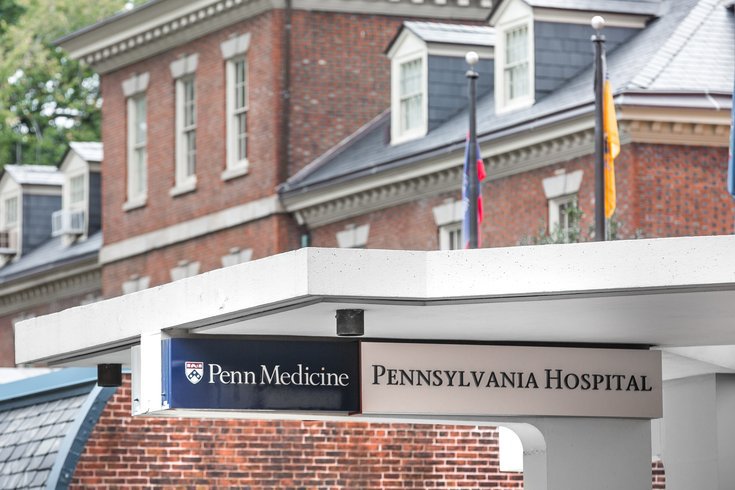
October 07, 2020
 Thom Carroll/for PhillyVoice
Thom Carroll/for PhillyVoice
Artificial intelligence could be a valuable tool to help human pathologists make treatment decisions in patients who undergo heart transplants. Penn Medicine researchers are participating in a grant-funded study to utilize AI in the study of organ rejection.
A team of researchers at Penn Medicine are turning to artificial intelligence as a diagnostic tool to improve outcomes for patients who receive heart transplants.
Each year, more than 2,000 heart transplants are performed in the United States, but the immune systems of their recipients reject as many as 30% to 40% of these organs.
A new grant from the National Institutes of Health will support research into the use of artificial intelligence to better detect the risk of rejection and the immune mechanisms that underlie it. The $3.2 million grant will be shared over four years by Penn Medicine, Case Western Reserve University, Cleveland Clinic and Cedars-Sinai Medical Center.
When a patient's immune system recognizes a donor heart as a foreign object, the organ can become damaged and eventually rejected.
The current grading standard for such damage has poor diagnostic accuracy, leaving patients vulnerable to receiving too much or too little treatment.
With the grant funding, researchers will use AI to analyze cardiac biopsy tissue images and better distinguish between rejection grades. They hope the analysis will also detect patterns of immune cells that reveal the mechanism of rejection.
With improved diagnostic accuracy, researchers believe they may be able to spot serious rejection earlier on, reduce rates of infection, and prevent complications of immune-suppressing drugs.
By improving identification of rejection mechanisms, clinicians may be able to better target medications and predict long-term outcomes, reducing the need for frequent heart biopsies.
The research team will compare the relative performance of the AI analysis with human pathologists to see how computer-aided tissue diagnostics can serve as a decision support tool.
“This research is focused on a critical component of heart transplantation — improving patient outcomes," said Kenneth B. Marguiles, principle investigator and professor of cardiovascular medicine at Penn. "Unfortunately, the number of patients with end-stage heart failure is increasing. But research like this is another step in the right direction for improving survival and quality of life for heart failure patients."